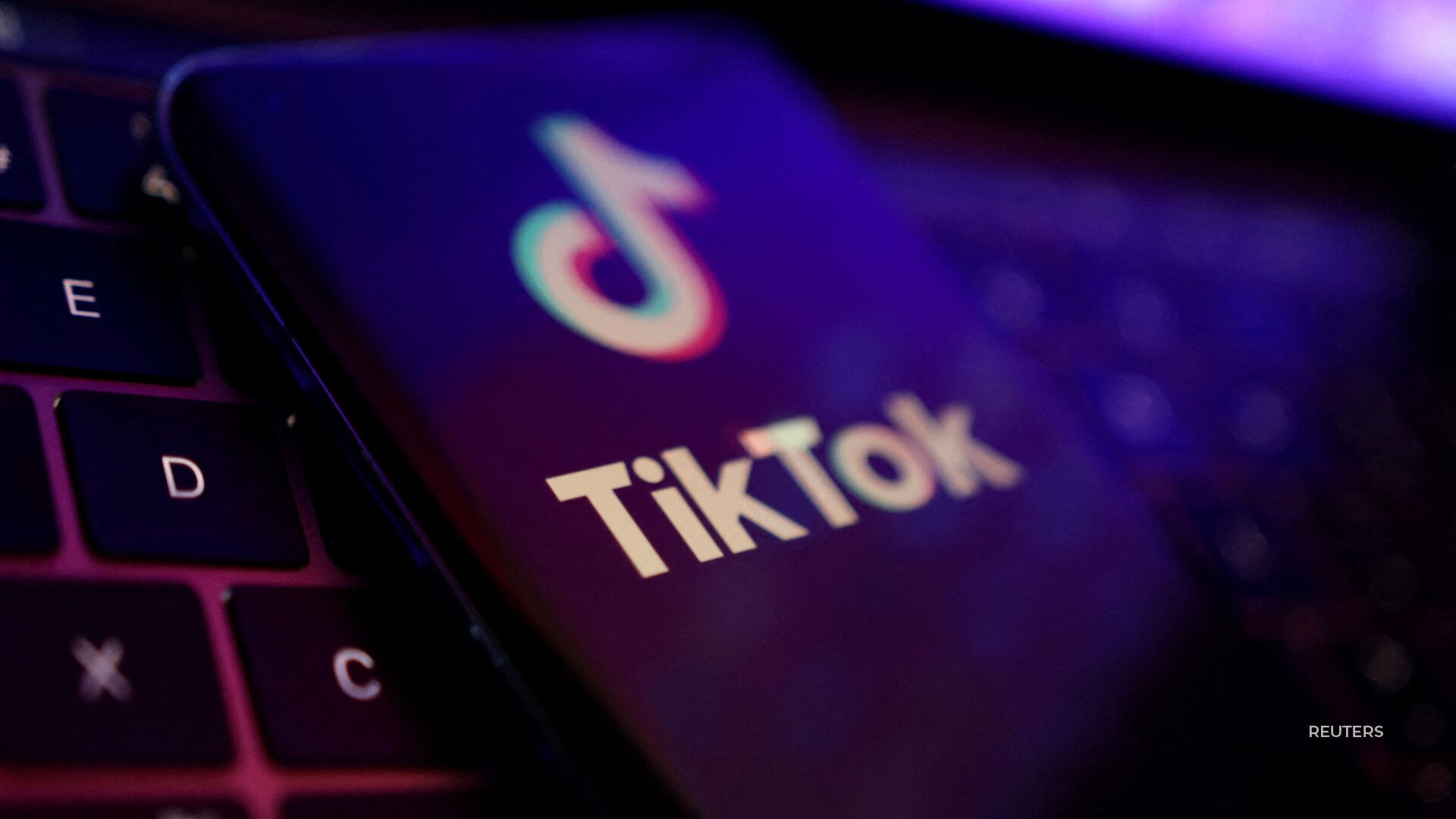
DIET CULTURE HAS BEEN EVERCHANGING THROUGHOUT THE DECADES.
WEIGHT WATCHERS WAS FOUNDED IN THE 1960’S.
EXERCISE FADS POPULAR THROUGHOUT THE 90’S.
AND NOW…TIK-TOK…AN OUTLET TELLING PEOPLE WHAT TO LOOK LIKE AND HOW TO GET THAT WAY.
THE FIRST STUDY OF ITS KIND ON TIK-TOK’S DIET CULTURE REVEALS IT’S INFLUENCING THE WAY YOUNG WOMEN PORTRAY THE PERFECT BODY…
AND THE **UNHEALTHY HABITS ITS ENCOURAGING.
THE STUDY TOOK ONE THOUSAND VIDEOS WITH MORE THAN ONE BILLION VIEWS…AND ANALYZED THEMES OF WEIGHT LOSS AND HEALTH ADVICE COMING FROM PEOPLE WHO ARE NOT HEALTH EXPERTS.
THE PROBLEM IS TIKTOK’S AUDIENCE…HAPPENS TO BE THE MOST SUSCEPTIBLE TO EATING DISORDERS.
67 PERCENT OF TEENS USE TIK TOK.
95 PERCENT OF AMERICANS WITH EATING DISORDERS ARE BETWEEN THE AGES OF 12 AND 25.
TIKTOK SAYS THE COMPANY HAS TAKEN STEPS TO RESTRICT CONTENT ON ITS PLATFORM THAT ENCOURAGES EATING DISORDER BEHAVIOR.
WHILE THE STUDY REVEALS NEW DATA…SOCIAL MEDIA HAS WIDELY BEEN SEEN AS A HUB OF HAVING A ROLE IN BODY IMAGE.










